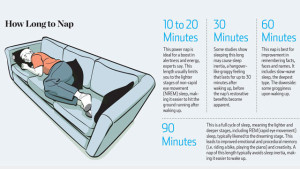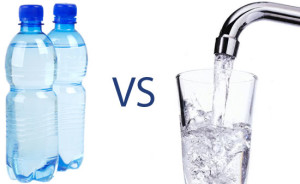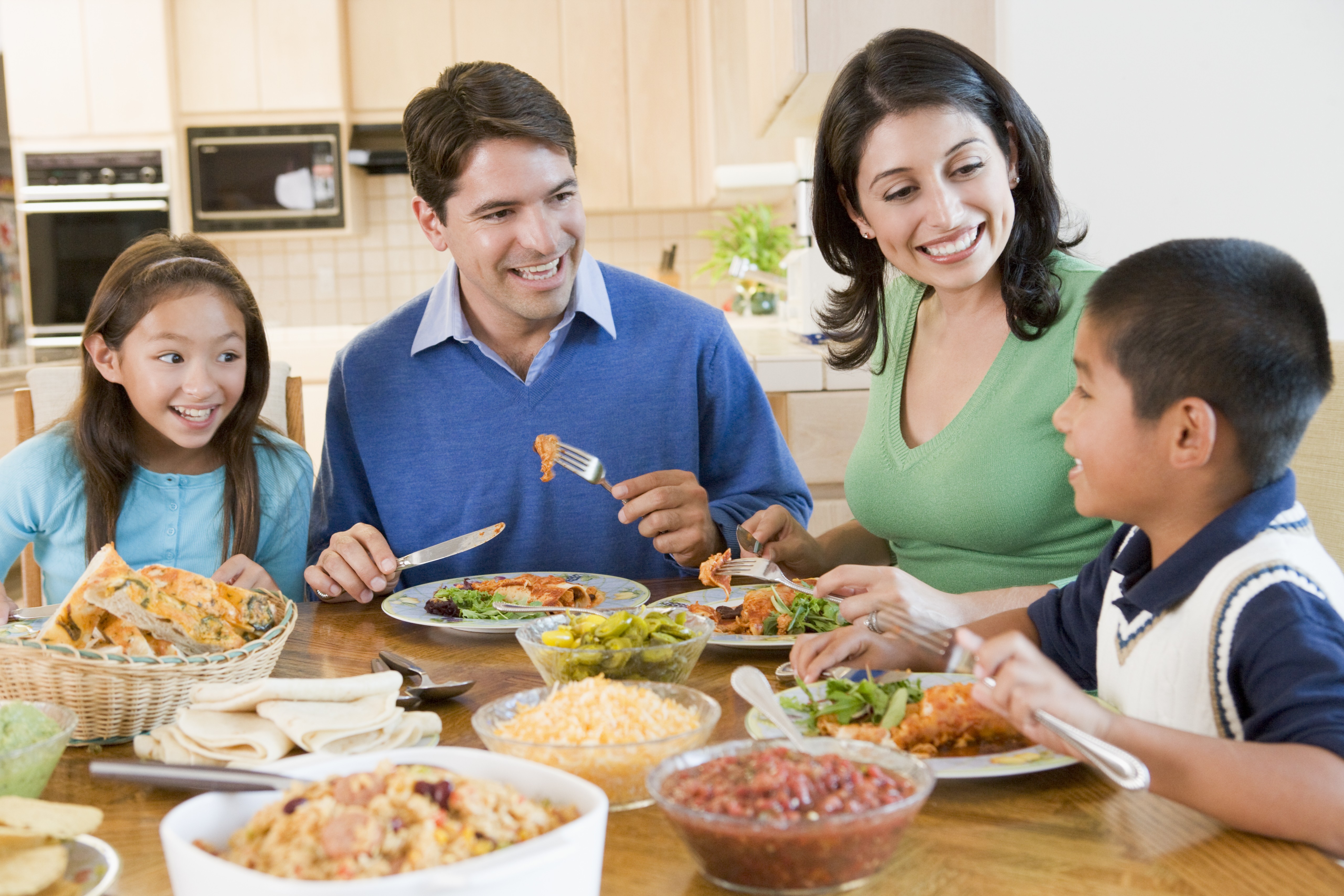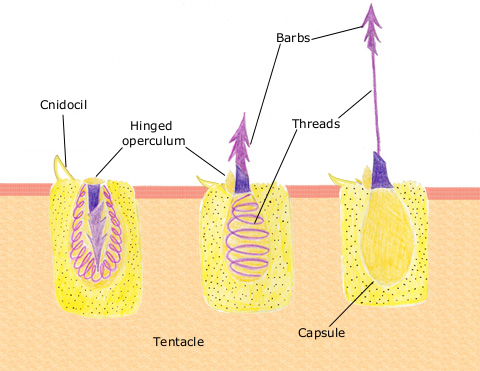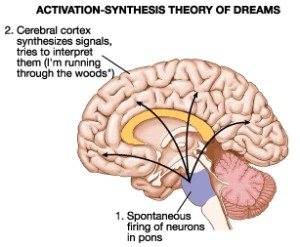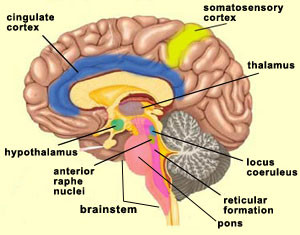Deciding whether to breast feed their newborn children or bottle feed them is a controversial issue and between mothers that has been going on for many years. Mothers want the best for their children, so they will pick the best option. So, what is better: breast feeding or bottle feeding? Which has greater health benefits on the baby and the mother?
According to the Oregon Health Authority, breast feeding is the healthier for your baby. Breast feeding leads to both short term and long term benefits for the baby. Some of these short term benefits include less infections, decreased risk of diarrhea, decreased risk of SIDS, and less likeliness of hospitalization. Some of the long term benefits include decreased risk of obesity, decreased risk of cancer, and decreased risk of diabetes. Oregon Health Authority also that there are health benefits for the mother as well such as reduced risk of cancer, easier weight loss, and even self-confidence.
However, Dr. Cynthia Colen from Ohio State University, states otherwise. She conducted her own experiment in which she studied 7,319 sibling pairs that were both breast fed, and 1,773 sibling pairs that had one breastfed and the other bottle fed. Colen measured the BMI, obesity, asthma, behavior, and academic scores such as vocabulary, math, and reading. Of the 8,237 children, breast feeding did have better results. Although, the scores among just the 1,773 siblings that had one breast fed and the other bottle fed, the results were close to 0, meaning that it could have been due to chance. Therefore, Colen believe that the 7,319 siblings who were breast fed resulted better because of other third variables such as economic status. I believe that Colen makes a great point in that this could be due to third variables.
Oregon Health Authority is able to provide direct health benefits of why they believe breast feeding is better than bottle feeding, while Dr. Colen is able to give evidence to believe that breast feeding may not be significantly better than bottle feeding (it could be due to chance). However, Dr. Colen is not able to provide clear and direct benefits of how bottle feeding is healthier for the baby and mother. More information would help strengthen Dr. Colen’s research and voice.






